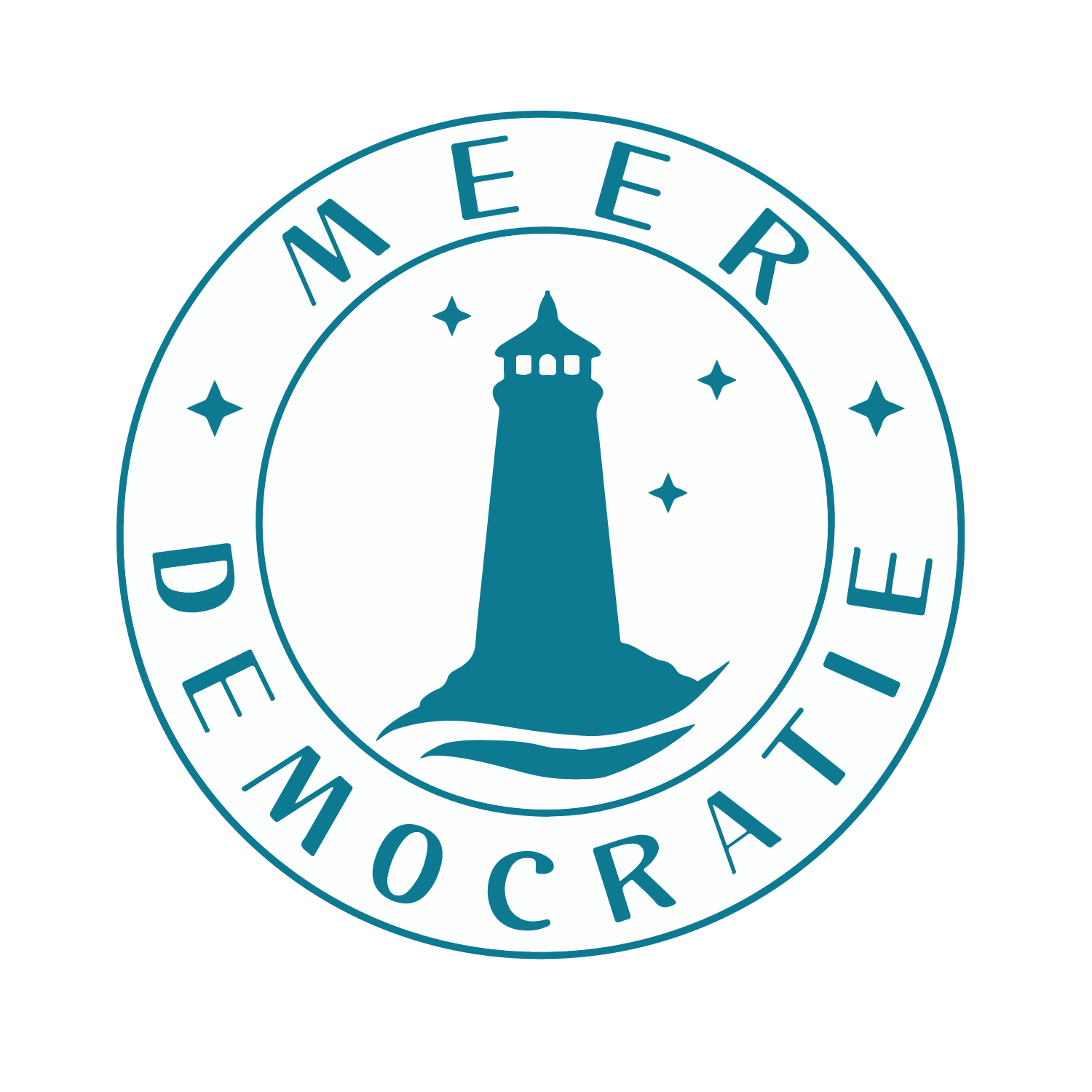POWER TO THE PEOPLE?: The use and abuse of referendums in Europe
The Brexit referendum will be remembered as one of the most controversial of its kind, yet it was not the only referendum held in Europe's recent history. One only has to think back to the Dutch referendum on the Association Agreement with Ukraine in early 2016, the Crimea referendum and the Scottish independence referendum in 2014 to realise that referendums are growing in popularity. Yet another direct vote is planned by Hungary later this year, this time on the EU migration quotas.
Referenda and plebiscites
First of all we want to emphasize the essential difference between 'referenda' and 'plebiscites' and the importance of clear definitions.
A plebiscite ('volksraadpleging') is a public vote at the initiative of a government and therefore it is not a 'true democratic' instrument as such. Our point of view is that sovereignty of the people can only be exercised by means of the 'binding referendum at citizens' initiative' ('bindend referendum op volksinitiatief', BROV).
In most cases plebiscites are only launched for party-political reasons or by dictators (for 'democratic' (sic) legitimation of oligarchic decisions). For example, in Switzerland the government cannot launch referendums and if politicians want to launch a referendum they have to follow the same rules as everybody else, i.e.: they have to gather 100,000 signatures in 18 months for a constitutional binding referendum.
When we speak about 'referendum' it is about the 'binding referendum at citizens' initiative'. Therefore we suggest to make a clear distinction when observing referendums, be it consultative (not binding), binding, initiated by the people or by the government. Semantics are very important in this case.
The so-called 'Brexit referendum' is in fact a plebiscite; the government was its initiator and in principle the government is not bound by its outcome.
Referendums are being held across Europe, on a lot of different topics, and to an increasing degree. Yet the question remains whether this leads to more thorough political debate and, more importantly, whether this leads to better political decisions. Serious questions are being posed about both the use and potential abuse of referendums in this regard. Direct democracy evidently has both merits and flaws, yet which of the two are more prevalent? The question might even be whether referendums can successfully provide citizens with significant power over their country's policies.
Better political decisions through referendums require a democratization process, preferably by starting to empower people at the local (community) level for decisions that affect substantially their real life experiences of everyday. Doing so, citizens become aware what sovereignty means and of what the consequences are or may be. It appears that in such cases the 'wisdom of the crowd' tends to yield responsible and wise political decisions, like in Switzerland and a lot of other states, cities and communities around the world. http://www.direct-democracy-navigator.org
Ultimately, we should raise questions about the international implications of the outcome of national referendums.
Along with democracy, DN promotes the right (among others) of 'free association', together of course with its counterpart 'free secession'. This is why in Switzerland every international agreement has to be put for a public vote in a referendum. And any agreement is reversible (definition of 'sovereignty' as understood by the English parliament).
International Perspective (IP) seeks to organise a panel conversation that will shed a light on the use and abuse of referendums... We propose to focus on referendums in European countries, including but not limited to those concerning the European Union, and we aim to answer four questions:
1) What are the merits of referendums?
When people have decision power it is a proven reality that they will inform themselves and start discussions. The people may make a mistake but they are bearing the consequences themselves and there are no losers when the decision is reversed.
2) What are the flaws?
The deception of the people by the government through plebiscites and the lack of experience of the public with referendums. With plebiscites without any binding effect, people don't experience the consequences of their vote and subsequently people can vote without responsibility. Thus the people may express their feelings of resistance against the government, in particular when it is not sufficiently representing the public opinion(s) or in some cases even suppressing it. A binding referendum at a national or even at an international level is expected to be more successful in a sufficiently advanced stage of the aforementioned democratization process starting locally.
Another factor of success of a referendum (i.e.: yielding a responsible political decision as outcome) is balanced information of the public on the consequences of each side of the decision to make.
Therefore a full financial transparency of the campaigns is needed together with a free investigative press, being a necessary condition of a true democracy. With the technology of today, getting the public informed appropriately is better possible than ever before.
3) Which could be the unforeseen (international) implications?
A real freedom of association (and secession). Of course with respect to international law (has to be adapted). Free associations (like the EU?) don't need to have a constant membership. A complication is the renegotiation of contracts and agreements.
4) What is the future of referendums in Europe?
It is important to note that elections whatsoever have no link with democracy (historically it is a system of elected aristocracy, with some improvements). Therefore the only way towards democracy is to start with more referendums (not plebiscites!) and real participation initiatives. A Ladder of Citizen Participation - Sherry R Arnstein (lithgow-schmidt.dk)
Also representatives appointed by sortition can play a role in the evolution towards a democratisation of Europe.
Written by Paul Nollen
Ondersteun een petitie of start uw eigen petitie - Petitie.be
International partner: https://www.democracy-international.org
